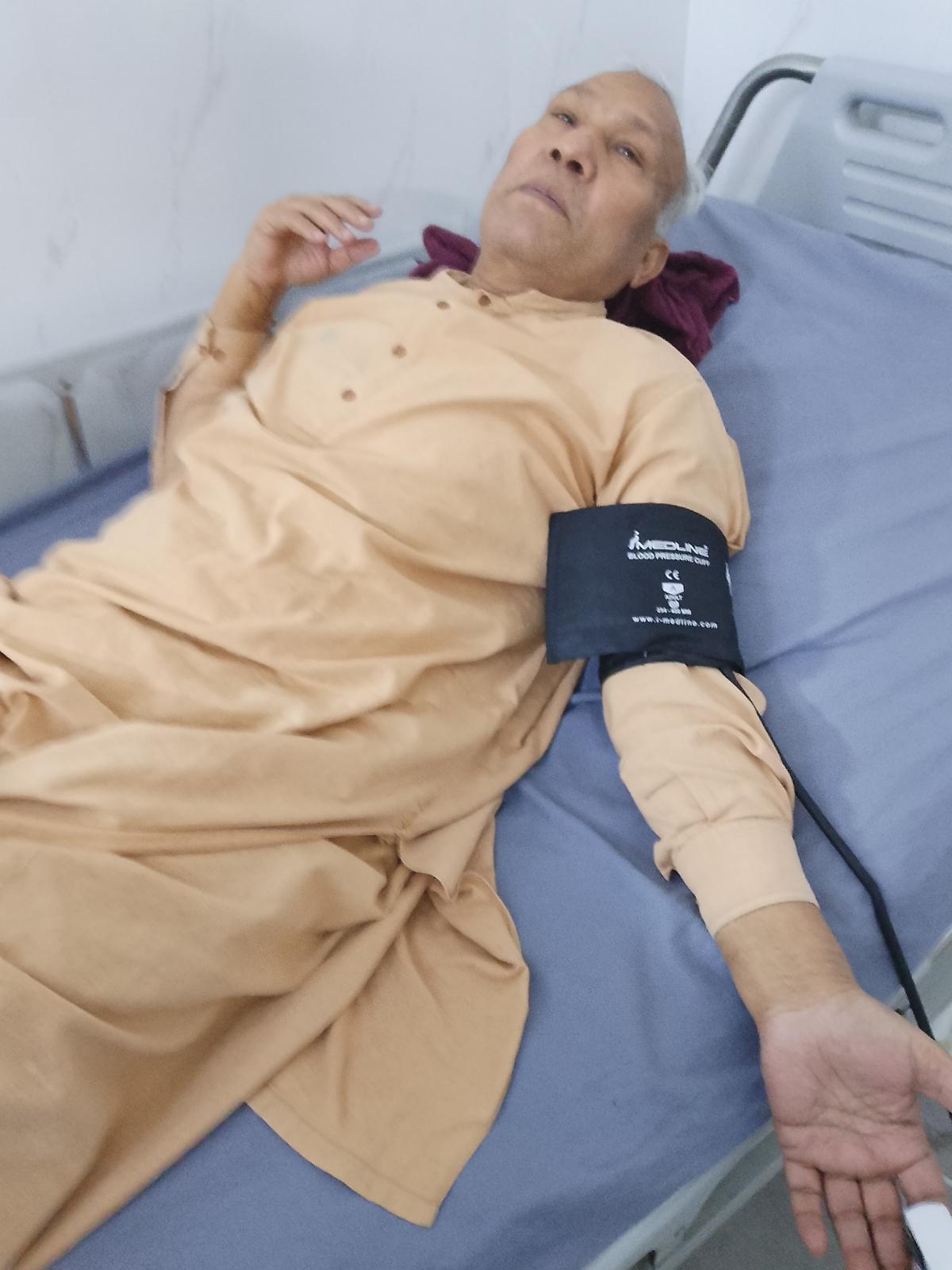News Desk
Islamabad, June 25, 2025:
The Supreme Court of Pakistan on Tuesday acquitted Anwar Kenneth, a 72-year-old Christian man who spent more than two decades on death row under a blasphemy conviction, citing mental illness as a key factor in its ruling.
Kenneth, a former government employee, was arrested in 2001 after allegedly writing letters deemed blasphemous toward the majority religion. In 2002, he was sentenced to death under Section 295-C of the Pakistan Penal Code and fined five million rupees. Despite concerns over his mental health and reports of a coerced guilty plea, the Lahore High Court upheld the conviction in 2014.
The Supreme Court’s three-judge panel overturned the ruling, stating that under Pakistani law, individuals with mental illness cannot be held criminally liable for blasphemy-related offenses.
Kenneth’s final appeal was led by Supreme Court lawyer Rana Abdul Hameem, with legal and advocacy assistance from Jubilee Campaign Netherlands and Jubilee Campaign USA. Advocacy groups had long maintained that Kenneth was mentally unfit and had been wrongfully convicted.
Minority rights organizations welcomed the verdict as a long-overdue act of justice. “Justice has finally been served for Anwar Kenneth, a poor Christian man who has endured nearly a lifetime of unimaginable suffering behind bars,” said Joseph Janssen, Advocacy Officer at Jubilee Campaign Netherlands.
The case has reignited the argument on Pakistan’s blasphemy laws, which rights groups say are frequently used to target religious minorities and vulnerable individuals. Janssen described the ruling as an indictment of laws that are “vague and overly broad,” adding that Kenneth’s 24-year imprisonment underscores deeper flaws within the justice system.
Jubilee Campaign praised the legal efforts that led to Kenneth’s acquittal and called on Pakistan to undertake a comprehensive review of its blasphemy legislation. The group emphasized that the death penalty should not be applied to non-violent expressions of belief, especially in cases involving mental illness.
“This acquittal must serve as a turning point,” Janssen said, urging Pakistan to bring its laws in line with international human rights standards, including those outlined in the International Covenant on Civil and Political Rights (ICCPR).
Kenneth’s case had drawn attention from international bodies, including the United Nations and the European Union. UN Special Rapporteurs on freedom of religion or belief, minority issues, and extrajudicial executions had repeatedly highlighted the case in official communications, expressing concern over violations of due process and arbitrary detention.


